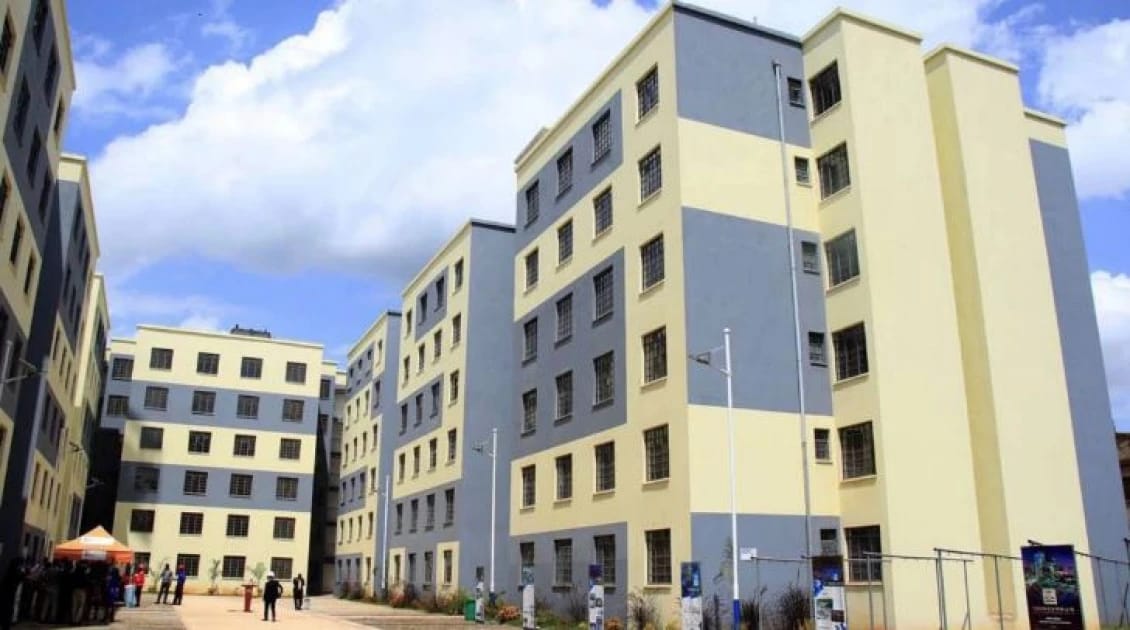
Kenya's housing crisis has long pushed our urban residents into challenging living conditions, with 56 per cent residing in informal settlements.
The Affordable Housing Programme represents our comprehensive response to this challenge, addressing not just housing needs but fundamentally transforming urban communities and living standards across the nation.
Since 2022, we have completed 1,189 affordable housing units, with an impressive 139,703 more currently under active construction.
Our comprehensive project pipeline includes projects for student accommodation with over 128,000 beds under procurement and over 416,966 units planned for the next three years – building toward a transformative programme to provide affordable homes for Kenyans.
The delivery of these homes spans the entire country, with projects ranging from constituency-level developments of 200- 1,000 units to larger developer-led projects exceeding 1,000 units.
This nationwide approach ensures that affordable housing reaches communities where it is most needed, not just in major urban centres. At the core of our programme is addressing the dire conditions in informal settlements.
In areas like the Mukuru Special Planning Area, which houses approximately 402,000 residents in extremely dense conditions (146 households per acre), residents pay a steep poverty penalty – 172 per cent more for water and up to 142 per cent more for electricity than residents in planned neighbourhoods.
We are developing 54,350 social housing units as part of our climate mitigation efforts in informal settlements, working alongside the Nairobi Rivers Commission and UN-Habitat through the Building Climate Resilience of the Urban Poor programme.
These projects are not just about housing – they integrate water, sanitation and social infrastructure to create complete human settlements.
Through the National Slum Upgrading and Prevention Policy, we have implemented various initiatives, including the Mavoko Slum Upgrading Project and the ongoing Kibera Soweto B Project.
Our approach includes tenure regularisation for informal settlement dwellers and infrastructure development through the Kenya Informal Settlements Improvement Programme.
The socioeconomic impact of the AHP extends far beyond brick and mortar. The programme has created over 250,000 direct and indirect jobs, with projections indicating more than one million employment opportunities throughout its lifecycle.
With a calculated economy-wide impact of 3.26 jobs per residential unit completed, our pipeline of over 800,000 AHP units will generate well over 2.5 million jobs over the next decade.
We have prioritised inclusivity in this national project, with 21 per cent of on-site labour coming from women, supported through partnerships with organisations like Build Her and Women In Real Estate.
We have also integrated people living with disabilities (one per cent of the workforce) and provided opportunities for rehabilitated youth across AHP sites.
The programme has become a vehicle for empowering local entrepreneurs, with Sh11 billion ring-fenced for Jua Kali artisans and MSMEs to provide essential construction materials and services.
Our Recognition of Prior Learning initiative has already assessed thousands of skilled workers, validating their expertise and enhancing their marketability.
















